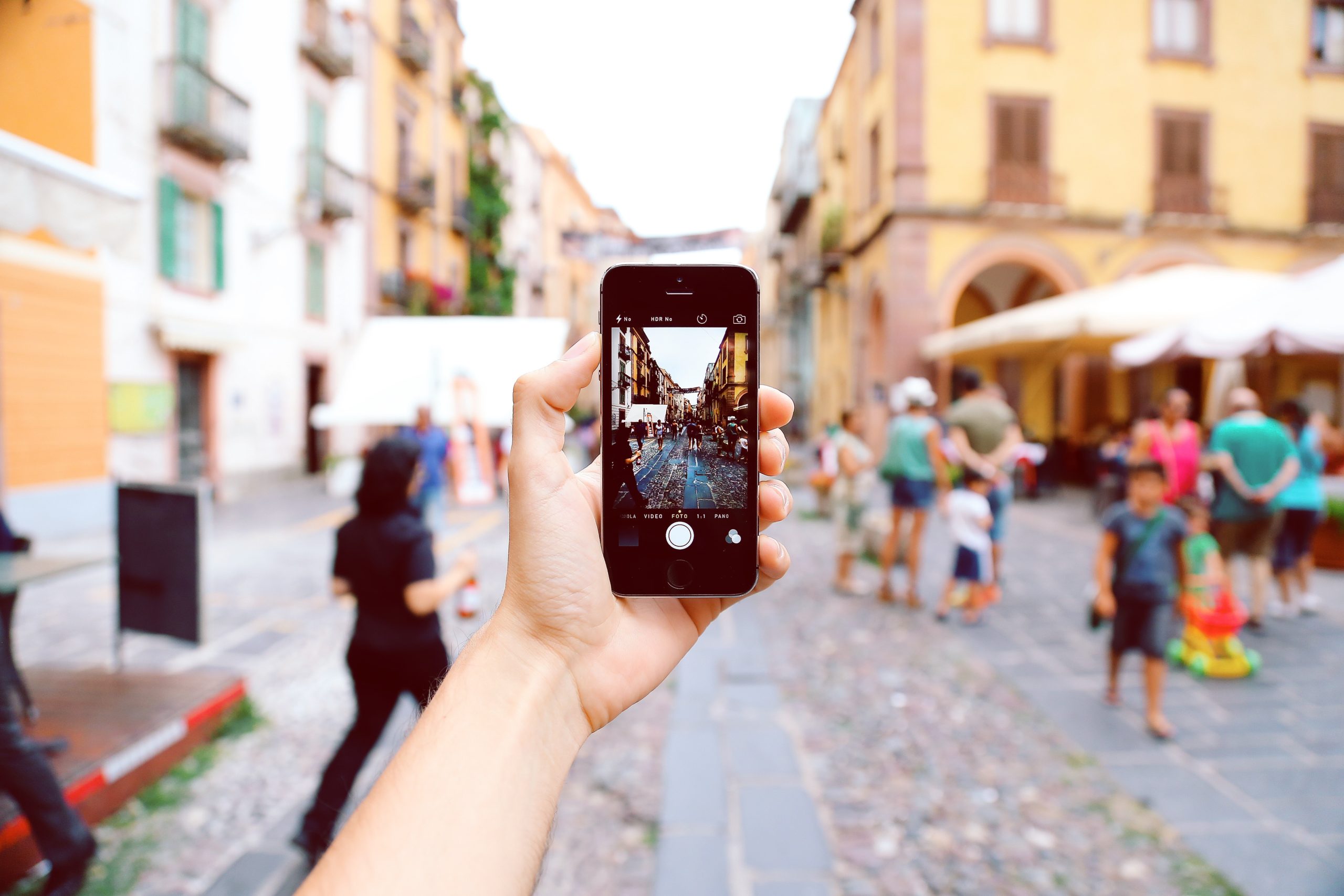I know, I know. Everybody is talking about the same just one topic lately: the transformations that quarantine will bring and the lessons the pandemic will teach us. This includes digital transformation, the redefinition of our personal values, how we will communicate and relate to people, and the attention we will pay to our health and personal hygiene, among others. There is an enormous amount of articles and TV programs with scientists, writers, and philosophers debating these topics, and I don’t presume to discuss this at the same high level.
However, some weeks ago, I watched a speech from Rishad Tobaccowala – one of those fantastic opportunities brought by the explosion of lives, webinars, and virtual events due to the current context—that made me think a lot and from a different perspective. It was an event about Digital Marketing and social media strategies in times of COVID-19. Rishad is a Senior Adviser at Publicis Group and was recognized by BusinessWeek and Time magazine for his innovative approach to Marketing. He is the author of the book “Restoring the Soul of Business: Staying Human in the Age of Data,” launched last January (he talks about it here).
In his speech, Rishad highlighted something that I hadn’t thought of yet, but that seemed so evident and pertinent. I don’t remember his exact words, but the message was clear: often, people are unhappy at work, doing something that brings them no pleasure, simply because the job (and especially the salary) supports a certain lifestyle that they value—and even flaunt. This is especially true in the era of social media, with its expensive trips, on-trend restaurants, brands, and exuberant habits. Because of this, they subject themselves to a job that brings a lot of displeasure simply because it somehow compensates them, and they don’t want to give up on that feeling and lifestyle.
But now, we are all at home. And for some people, only the job remains. No more trips, restaurants, or sophisticated habits. Obviously, some have more comfort than others (social inequality still exists), yet there isn’t much that an extremely high salary can offer at this moment. We were all left with just one thing: our jobs, purely and simply. And if they are not bringing us joy, we have no escape to compensate for this. And this leads me to think about another topic: digital influencers.
In these times of social media, endless lives, and webinars, what I see the most is empty content, especially from certain influencers. I tend to believe that without their expensive trips, sophisticated restaurants, or gifts from companies, some of these celebrities have nothing left to say. What are their values? Their commitments? Do they understand the responsibility that their “influencer” titles carry for their followers? Do they realize that they are truly influencing the lifestyles of millions of individuals?
For example, a Brazilian influencer recently hosted a party for some friends at her home, ignoring all social distancing rules. Moreover, she posted stories on Instagram sharing some quite “politically incorrect” remarks—let’s just call it that—disrespecting frontline workers and people who are directly suffering from the disease. Her lack of substantial content became evident to me, perhaps because she was isolated at home and far from the lifestyle that made her a celebrity. The result? She lost all her contracts with brands due to the misalignment between her values and those of her sponsors. What companies look for when partnering with influencers is an alignment in values, beliefs, purposes, messages, and habits.
(Just to clarify: I am not talking about influencers like dance and yoga instructors, physical educators giving online classes, nutritionists sharing easy recipes for those who have never cooked before, artists and musicians promoting online concerts, journalists hosting free debates online, etc. I am not referring to these individuals—they are being extremely generous by helping us maintain our mental health during the isolation.)
And this made me think that this pandemic will cause some masks to fall and make people connect with what truly aligns with their interests, values, and purposes. Do you believe there will really be a shift—for the better—in the way we relate, consume, and live? Will companies become more empathetic and communicate with more truth, authenticity, and responsibility, promoting conscious consumption?
I’ve been seeing a lot of news that makes me feel hopeful, especially when I see companies repositioning their speech. But on the other hand, I read about a “mask-case” designed by a Brazilian stylist that may cost up to R$ 600,00 each (about C$ 200,00). Or a Brazilian brand launching masks that may cost up to R$ 150,00 each (about C$ 50,00, which is really expensive for the majority of the country’s population) – and this company is proud of itself for being connected to sustainability, third sector, and new practices for a better world.
I know that the pandemic will change the way we consume, relate, communicate, travel, work, and study. But I ask myself if this will be a deep and long-lasting shift. Will we return to our usual habits (especially the bad ones) when the pandemic is over? Or will we genuinely reevaluate our values and our idols?
To aid in reflection, I leave you with two images that tell me a lot about the two extremes: the cover of the May issue of Mexican Marie Claire and the expensive, luxury, just-launched masks. And I invite you to reflect: what type of influencers do we want to see on our social media feeds?



